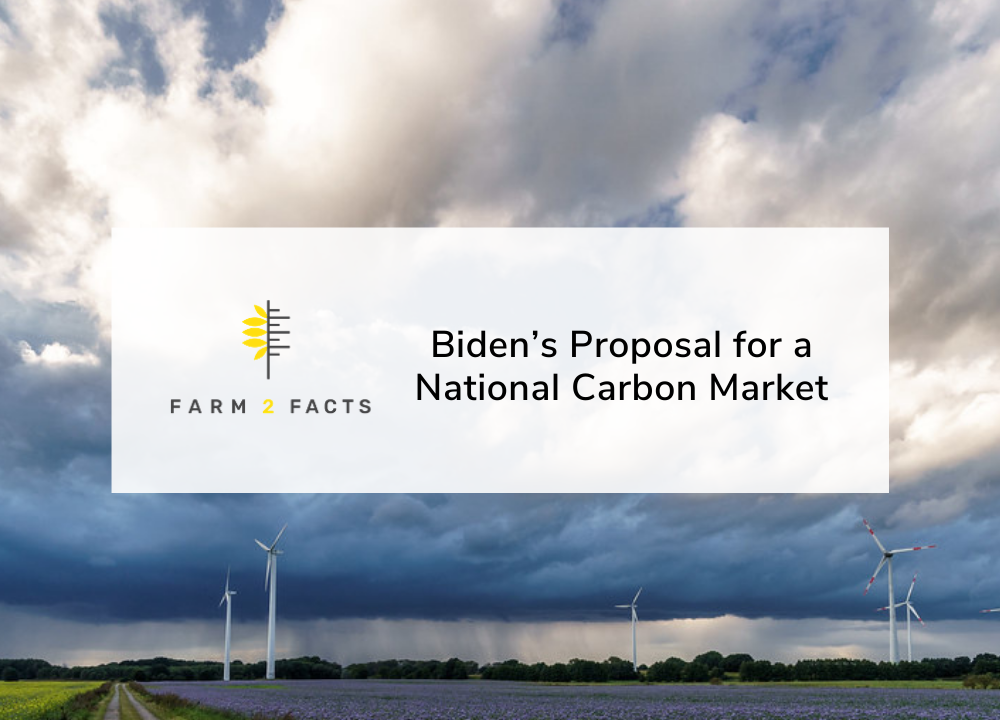
As a farmer, you do your best to balance crop yield and profit with sustainable, eco-friendly farming practices. However, at the end of the day, the limiting factor is often money. It can be expensive (especially initially) and labor-intensive to switch to farming practices which create less carbon emissions. Unfortunately, the United Nations’ scientific panel on climate change reported that global temperatures cannot be kept at a safe level unless methods of land use and food production are altered. If the temperatures go outside of these levels, a global food crisis will be unavoidable. This is where the idea of carbon markets, where emissions are limited and businesses receive credits to reduce their carbon footprint which they are able to trade, comes into play.
US President Biden created a climate change response plan called the “Climate 21 Project”. One of the aspects of this plan is to create a carbon bank to pay farmers, ranchers, and foresters to reduce their carbon emission through the usage of regenerative agriculture. The Biden administration is currently suggesting to put up to $30 billion for this project. This bank, set up by the USDA’s Commodity Credit Corporation, would offer credits for carbon sequestration. The rate of purchase for this carbon would be $20/ton of carbon sequestered, according to this article.
In short, farmers would be rewarded for their work that they do to reduce their greenhouse gas emissions, and as a result of this plan, more farms and other important industries would be incentivized to become carbon sinks and minimize US greenhouse gas emissions. Currently, the US produces 7,000 megatons of greenhouse gas emissions annually.
The concept of the carbon market is not limited to Biden’s administration. Some corporations including Microsoft and Shopify are starting to purchase carbon credits from agriculture-related businesses.
The USDA Secretary of Agriculture, Tom Vilsack, plans to help Biden with his goal to create a carbon-neutral economy by 2050 by creating these carbon markets according to this Reuters article. Vilsack says that he requested for Congress to have an advisory committee made up of farmers to help build this market, and to guarantee that farmers will be receiving the benefits.
There is hope that this administration will help farmers to achieve their goals and fight climate change. The revolutionary idea of carbon markets holds the promise of creating a change that will function within the current agricultural and economic system.
